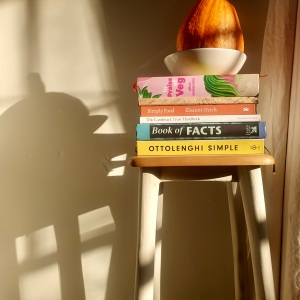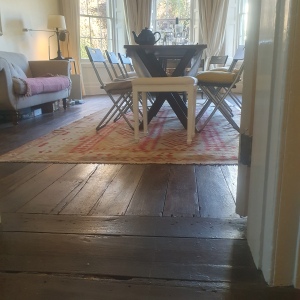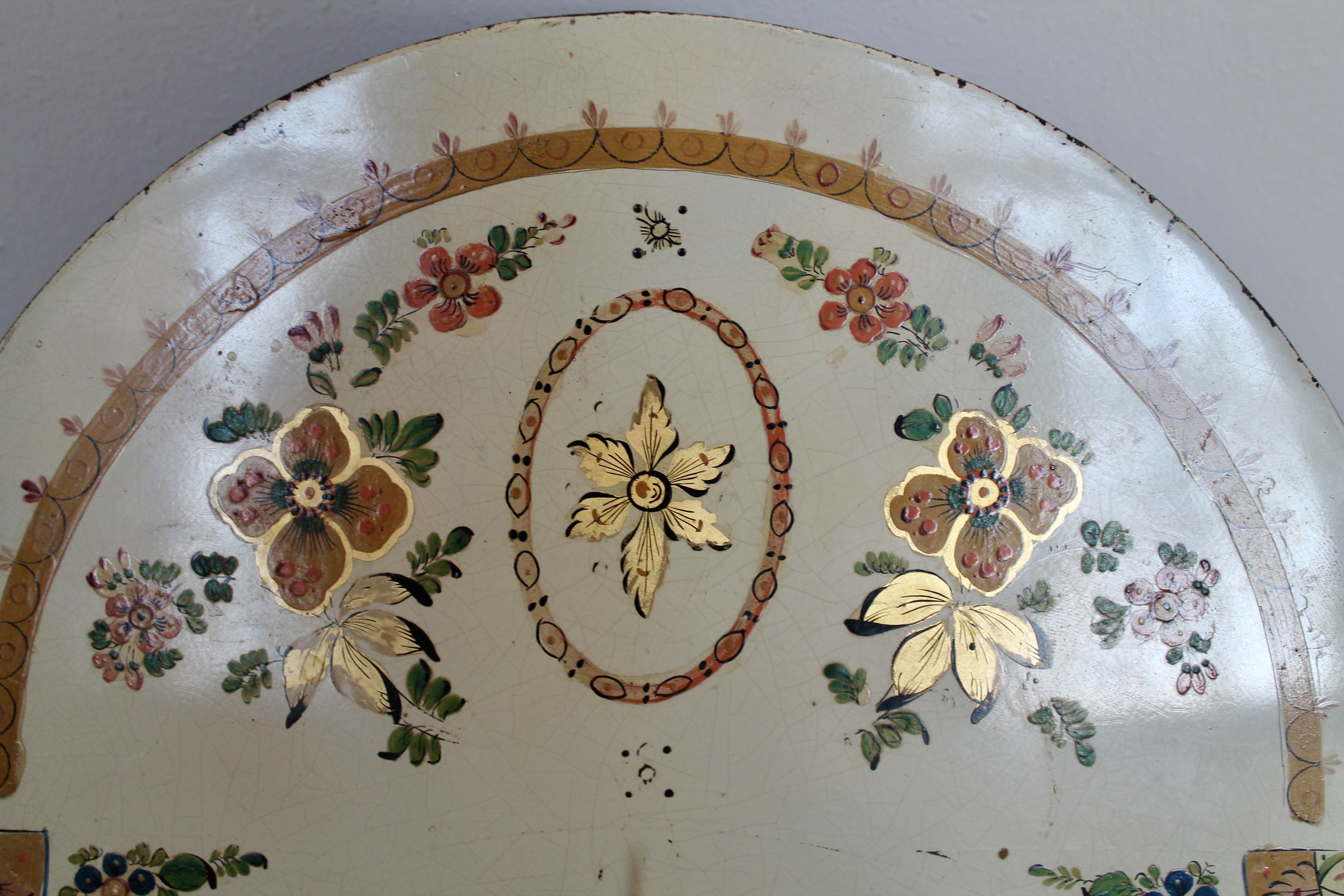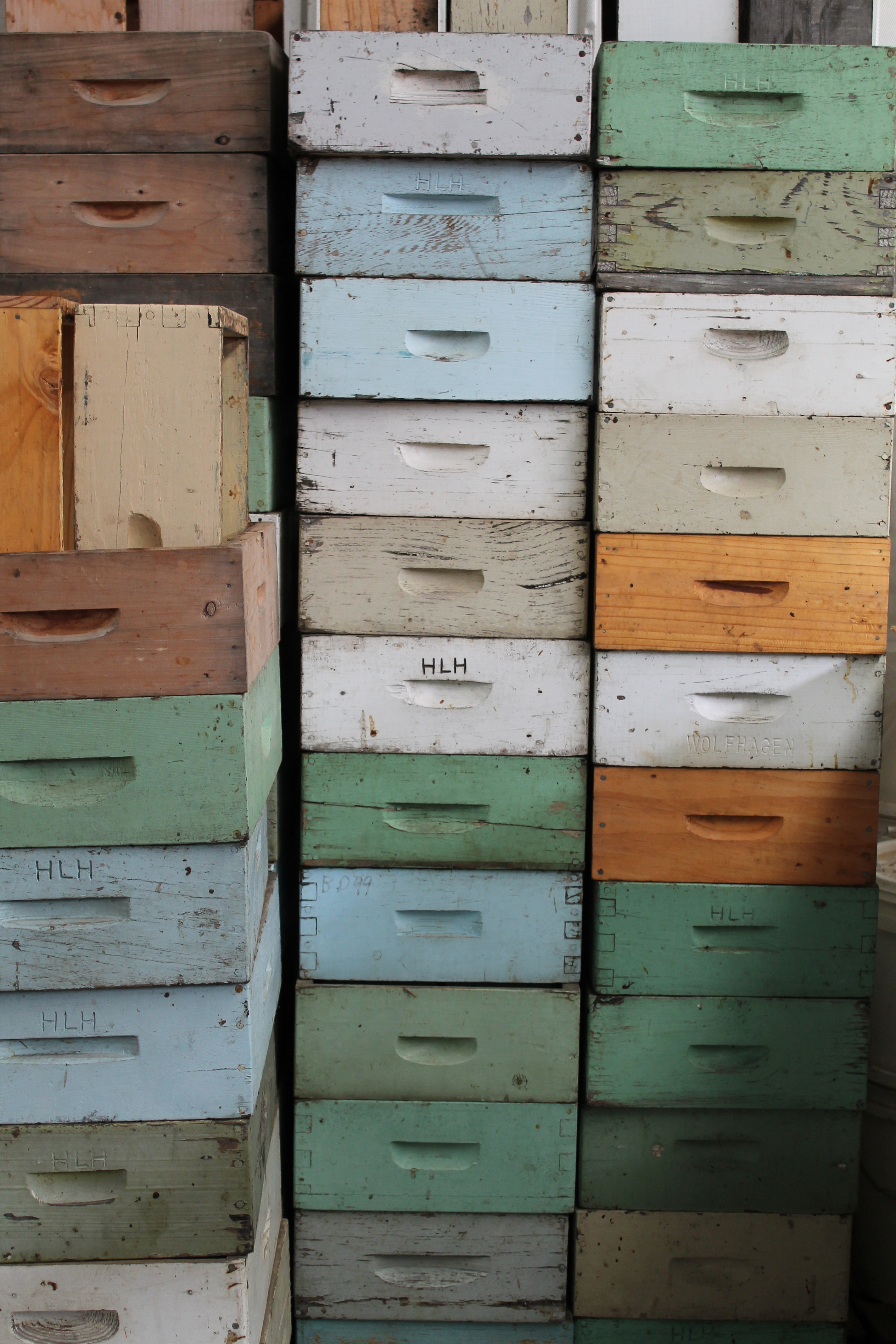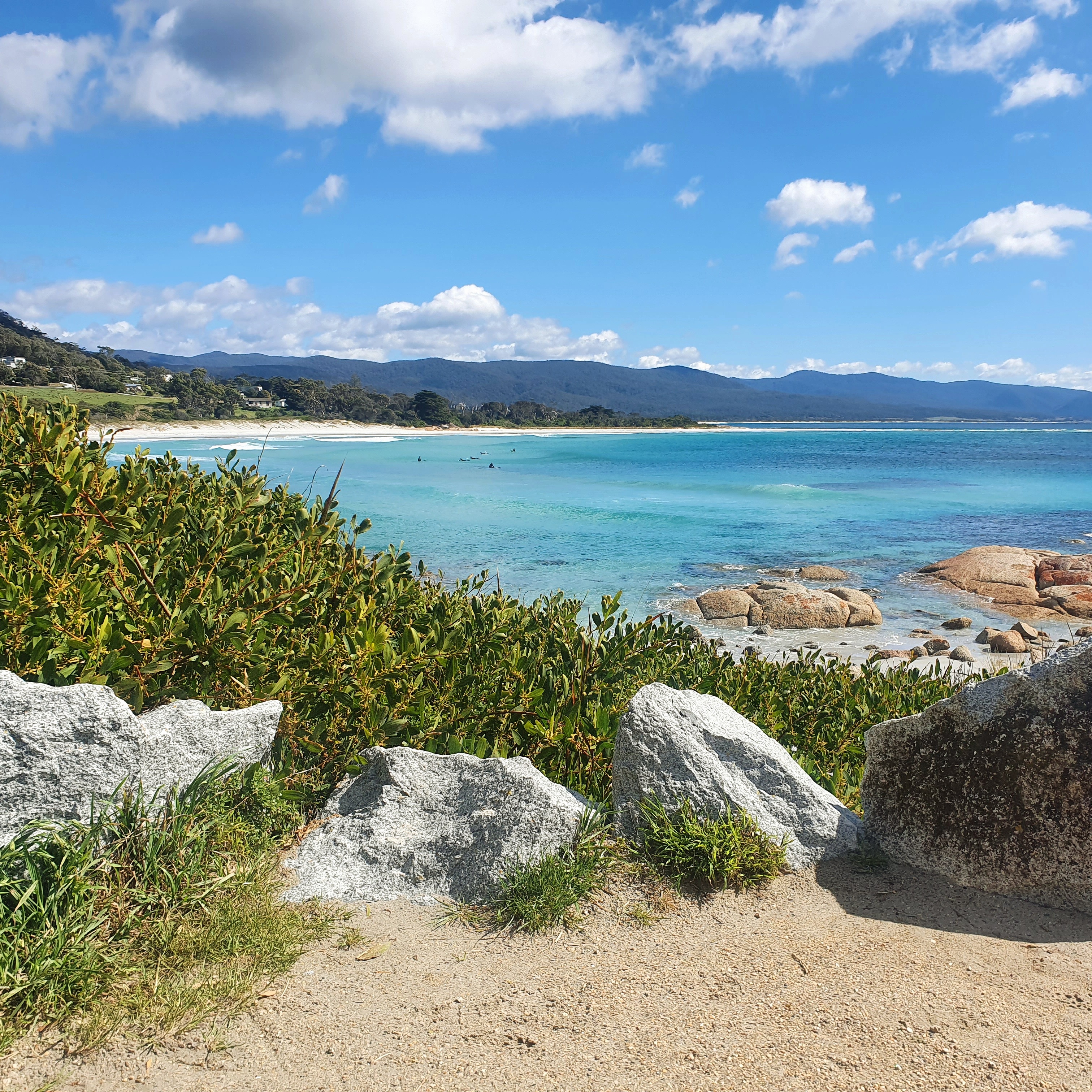how to be creative @home
‘I can’t be really creative until I have a clear horizon
and all the road is clear ahead – then I can be as happy as can be’.
Alfred Hitchcock
I fell into writing because it gave me a cover to think in print. It gave me time to think big things through in the quiet of my mind. It was low risk. I didn’t court readers or try to persuade anyone of anything. If someone stumbled on a blog post of mine, great. Yet even on the pages I scribbled – I always scribble first – I never told all, revealed all.
Until I realised that keeping quiet while the media blew a gale around me was never going to get my ideas out. Like a baby turtle, I would have to wriggle out of my burrow and waddle across the sand towards the waiting waves. No-one else could do this for me. I had to do it on my own – and I’m not there yet.
Initially I asked if I could publish my next book, HomeWork: essays on love and housekeeping, under a pseudonym. However, no surprise, the publisher refused. So here I am, staring at a blank page, wondering how to inspire other people to make the quarter of the day that they spend looking after themselves, their home and the people they love most feel more valuable. This is my mission. It’s to get more of us to place a higher value on the housekeeping that we do, to do with grace what we have to do anyway. Not as an end in itself, because it isn’t, but as a gateway to expressing ourselves creatively at home.
My aim is to encourage us to make friends with our domestic side – or simply to recognise that we have one. I focus on housekeeping not housework, because housekeeping is hands down the bigger animal of the two. Housekeeping includes deciding what to cook for dinner, finding time to make something for a friend’s birthday, noticing an ailing plant on your way to the front door, and remembering the wet washing in the machine as you fall into bed.
Misconceptions about housekeeping abound. Some people are convinced that the domestic realm is inward-looking, that it’s menial and without meaning. Others feel that, on balance, keeping up an attractive home isn’t a good use of their precious time and energy. Even those of us, like myself, who feel proud of their home, view housekeeping as a stealthy enemy.
Except that housekeeping needn’t be any of these things. And what we do at home really does matter. When we care for where we live, in a loving way, we’re also caring about life itself. Housekeeping has a ripple-on effect. If you make an effort to recycle, as I do, you’re likely to be concerned for the wildlife whose future depends on plastics not ending up in the soil.
Few people read Sigmund Freud’s essays these days. Admittedly, his Pelican paperbacks now sit atop our piano more for their colourful spines than for easy reference. Even so, Freud’s thinking still informs mine and I owe him a lot. ‘You’re not responsible for your parents’, he wrote, ‘your circumstances or, to a large extent, your character and your fate. You are however responsible for discovering what you find satisfying and for pursuing that.’ This is my second hunch about the home. Home is important because it offers us time and space in which to seek our own satisfaction. Seeking satisfaction is mysterious. What satisfies me might not satisfy you; what leaves me content, on a Sunday evening, may not touch you at all. Our satisfactions and contentments are more individual and subtle,than are our pleasures; they feed our soul rather than our ego.
Also, as we get older, the activities that we find satisfying change. What excited us when we were young often isn’t what we end up liking as the years pass. Even so, satisfaction isn’t simply an effect of maturity. If we’re to end the day feeling content, satisfied with how our life is, we need to begin our day in an unstressed, unanxious frame of mind. We need to be able to suspend our disbelief long enough to explore whatever creative possibilities arise across the day, and to do this in a curious, un-judgy way.
We don’t get more satisfaction from an activity because we’re good at it. Often satisfaction is our reward for engaging in activities that we aren’t especially good at. Rather than expertise, what we need most is patience. Especially at the start, we need to be able to push over the hump that all creative activities present us with, and to keep on going until we reach a state of flow in which we lose a sense of time, and of ourselves, as we tap into the energy behind the surface of things. Being in flow is the creative equivalent of being tipsy.
‘Rest’, observed Virginia Woolf, ‘isn’t lying down. It’s doing something that is different’. When we engage in an activity that is new, and that we aren’t particularly good at, we sharpen the lens through which we see the world. We come out the other side of it feeling a tiny bit more complex. Even five minutes, spent in this way, refreshes us, renews us. It doesn’t relax us so much as engage us. It leads to a sense of satisfaction that, though we may struggle to find words for it, is unmistakable to feel. Such feelings don’t last, of course; we have to go back again and again to feel satisfied the next time.
It seems ironic that most of us find it easier to achieve a state of flow at work than at home. However, as American psychologist Mihalyi Csikszentmilhayi has shown, we do. When we’re at work we overcome our natural state of awareness, that of distraction, by operating within a framework and a set of expectations that keep us on task and that invite flow. Whereas at home, where there’s less structure and not much feedback, we’re tempted to dally, to fall into self-doubt and to question the value of our efforts. We struggle to work from home (or, as Esther Perel observed, ‘with home’). It’s not just the laundry basket and the leaves in need of raking that distract us. We do too.
When we were young – assuming we were lucky – our parents and carers looked after the basics for us. Food appeared at mealtimes, bedlinen was washed and dental appointments were made. This lack of responsibility allowed us free rein to explore our creativity. However, once we become adult, the necessities of life can no longer be escaped. The dust-balls under the sofa and the empty fridge stare us down. Unless we’re easy-going to the point of slovenly, or are very good at delegating, or can pay someone else to do the housekeeping for us, if we’re to express ourselves creatively at home we have to stay on top of the housekeeping. We have to do household tasks that we wouldn’t otherwise choose to do, in order to make space (‘a clear horizon’) for more interesting things to unfold. Because it’s only once the housekeeping is done that can we give ourselves over to the kind of things that we love doing, and that challenge us in a deeper way than a clean home. All of which explains why, if we’re to flourish at home, we need a good, strong relationship with ourselves.
This, it turns out, is one of the biggest challenges that home life presents us with. It’s to get ourselves to do what needs to be done, in terms of basic necessities, to make space for activities that are creative, restful and satisfying. Cooking, gardening, renovating, making things – activities like these are restful because they engage us, challenge us and – because they defy mastery and are never ‘finished’ – keep us coming back to them.
We don’t usually think about the home in these terms. We don’t assume that our relationship to home is as important as our relationship to the people we share it with – or, if we live alone, as important as our relationship to ourselves. Often as not, we avoid talking about domesticity altogether out of fear that doing for others is to subordinate our needs to the demands of unappreciative loved ones. Or we worry that the work we do at home is a siphoning off of our precious energy into an existential cul-de-sac. Why else would we fail to mention the quarter of our day that we spend keeping heart and soul together?
This, however, isn’t my experience of home life – nor that of the 60 people I interviewed for this project. Rather, I came out of these conversations feeling inspired, and a touch more ambitious for my own home life. I came away believing that when you embrace the work that supports a pleasant home – for good food, clean clothes and attractive living spaces – you open yourself to the love that makes everything that you do at home feel worthwhile.

